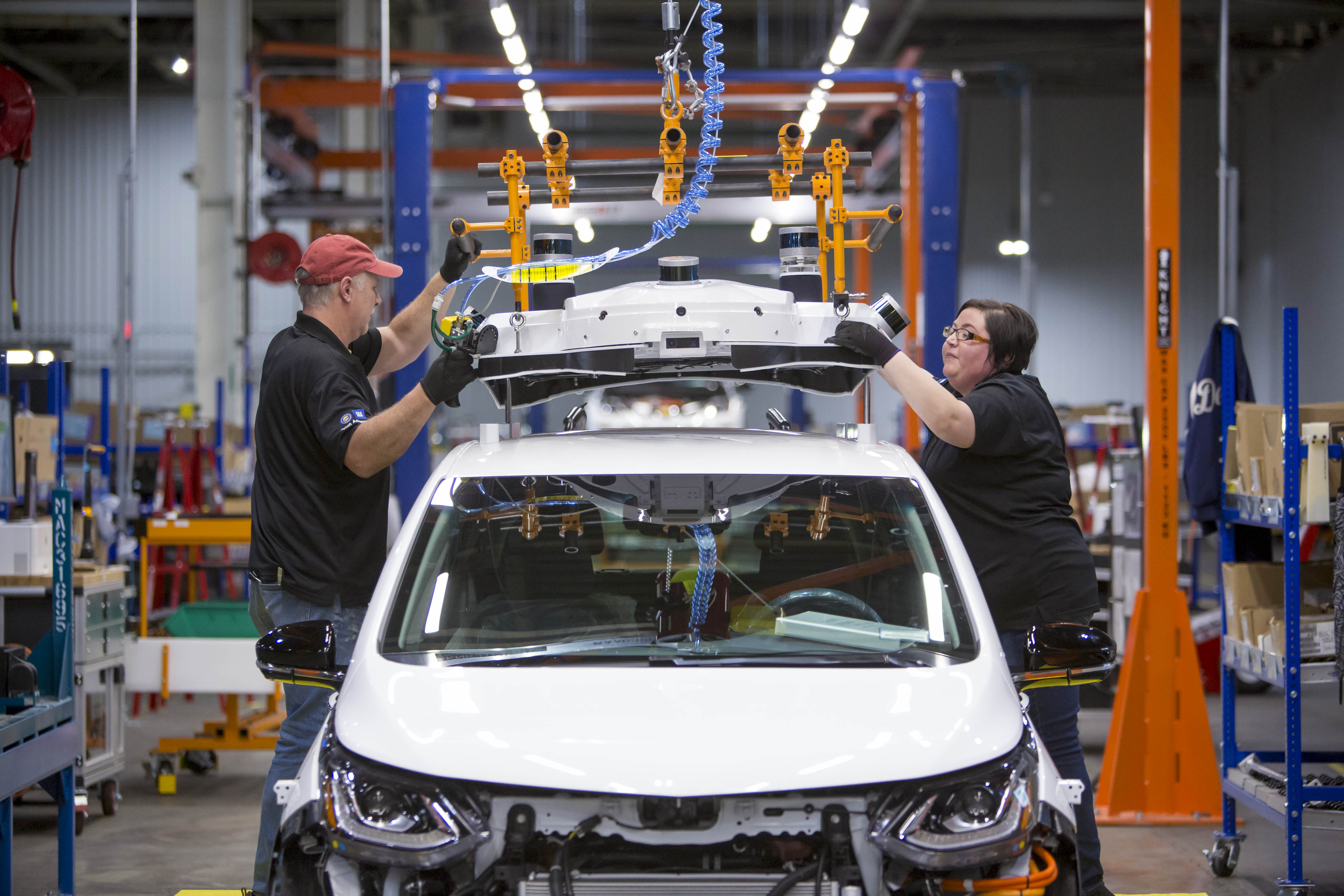|
In recent years, robotics has emerged as a groundbreaking technology that is revolutionizing various industries. From manufacturing and healthcare to agriculture and transportation, robots are becoming increasingly prevalent and transforming the way we work and live. One area where robotics has made significant advancements is in manufacturing. Traditional assembly lines have been replaced by automated systems that can perform repetitive tasks with precision and efficiency. Robots equipped with advanced sensors and machine learning algorithms can now handle complex operations, resulting in increased productivity and improved product quality. This has led to cost savings for companies and enhanced competitiveness in the global market. The healthcare industry has also experienced a profound impact from robotics. Surgical robots, such as the da Vinci Surgical System, have revolutionized minimally invasive procedures. These robots provide surgeons with enhanced vision, dexterity, and precision, leading to shorter recovery times, reduced complications, and improved patient outcomes. Furthermore, robots are being used for rehabilitation exercises, elder care, and medication management, enabling better treatment and support for patients. In agriculture, robots are transforming the way crops are grown and harvested. Autonomous drones equipped with cameras and sensors can monitor crops for diseases, pests, and irrigation needs, allowing farmers to take timely action. Robotic arms and machines can perform labor-intensive tasks like planting, weeding, and harvesting, reducing the need for manual labor and increasing efficiency. By optimizing resource usage and crop yield, robotics is driving sustainable farming practices. Transportation is another sector where robotics is making significant strides. Self-driving cars, powered by artificial intelligence and advanced sensor technologies, are being developed by major automotive companies. These autonomous vehicles have the potential to reduce accidents, congestion, and fuel consumption, while improving the overall efficiency of transportation systems. Additionally, delivery robots and drones are being tested for last-mile deliveries, offering faster and more environmentally friendly alternatives to traditional delivery methods. However, as robotics continues to advance, there are also concerns about its impact on the workforce. The automation of tasks previously performed by humans raises questions about job loss and the need for reskilling workers. It is crucial to address these challenges by promoting education and training programs that equip individuals with the skills needed to work alongside robots and harness their potential. robotics is revolutionizing industries across the board. From manufacturing and healthcare to agriculture and transportation, robots are optimizing processes, improving efficiency, and transforming our daily lives. While there are challenges to be addressed, the potential benefits of robotics are vast and hold promise for a future where humans and machines collaborate to create a better world.  |
